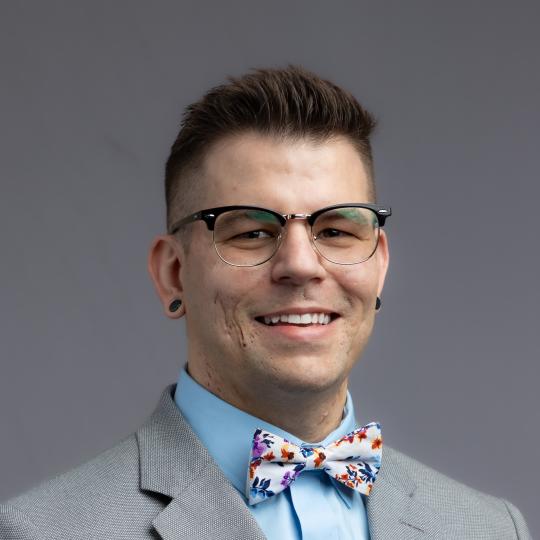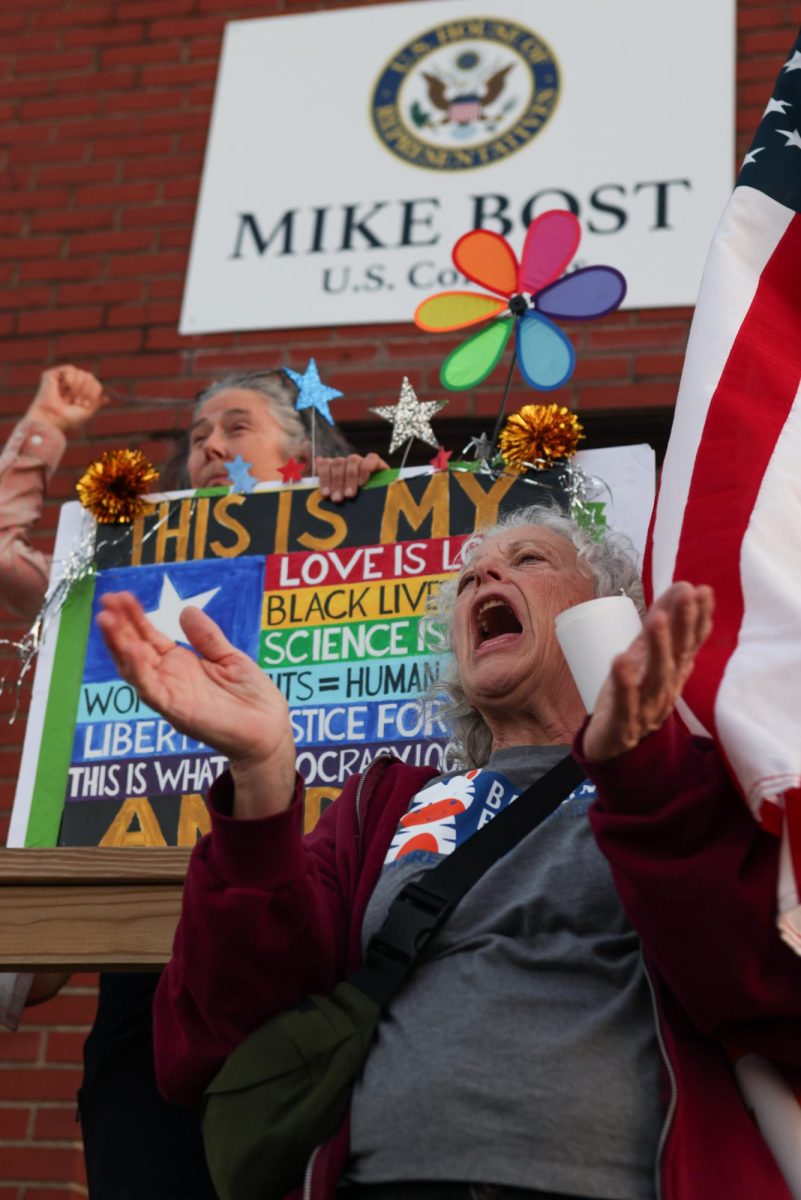SIU celebrates National Coming Out Day
October 11, 2012
The United States’ first recognized National Coming Out Day 25 years ago, and the university has since continued the tradition.
Thursday was National Coming Out Day. To celebrate, SIU hosted Karma Chavez, an assistant professor of communication arts at the University of Wisconsin, to discuss the issues that surround coming out. Although the day can symbolize the act of coming out, it is intended to recognize the process people go through to identify themselves, said Wendy Weinhold, coordinator of the university’s LGBTQ Resource Center.
“National Coming Out Day is a day that recognizes, particularly in America’s individualistic society, for many people declaring a part of your identity that is your gender and sex identity,” Weinhold said. “It’s an extremely important part of knowing yourself and feeling safe and comfortable.”
Advertisement
Chavez was the keynote speaker at SIU for LGBT history month. Her message, “The Rhetoric of Coming Out: Closets, Shadows and the Politics of Visibility,” included topics such as the history of coming out, the metaphorical closet and how it came to be, the distinctions between being in the shadows and the closet.
Her speech also touched on topics that include the undocumented youth movement of coming out and problematic political issues surrounding the decision to do so.
“I want people to leave thinking about how identity is interlocking and that sexual identity in general is just one aspect of who we are,” Chavez said. “It’s just one dimension of power, and I want to encourage people to think more complexly about identity as well as the intersections of social movements and how we can build coalitions as a result of those intersections.”
National Coming Out Day started in 1988 as part of the second big march on Washington for gay and lesbian rights.
At the time, there were no drugs to manage AIDS, so a lot of people were outwardly gay because of their health. Ultimately, there was a demand to come out because it was taken literally as a matter of life and death, she said.
“Coming out as an act has a variety of ways of understanding what it is and what it means,” Weinhold said. “There certainly was a time that coming out was something that was forced upon people or was understood as something that was essential to do. Today it importantly has been contextualized in a way so that not everyone needs to come out. In fact, for some people coming out is not an option and we need to respect it as a privileged space.”
For some people, the choice to come out can mean losing family, friends, community or economic comfort, she said.
Advertisement*
Weinhold said people need to remember that coming out is something heterosexual people never have to do, because this is a society that privileges heterosexuality.
Sarah Self, a graduate student from Indiana studying social work, who identifies herself as gender ambiguous, said she faced a minor amount of violence and discrimination while coming out, and she also lost friends.
“If I could advise someone about coming out in a negative environment, I would say wait until you’re at least 17,” she said. “There are a lot of things you can’t do because of age of consent. I would never tell someone not to be themselves, but if you can wait until you’re 18, then wait.”
Others such as Stephanie Jaros, a freshman from Carbondale studying zoology, who identifies as pansexual, came out as early as the eighth grade.
“I think that coming out kind of lets you see your strengths and weakness all in one,” Jaros said. “I think this day is really important for people to question what coming out is and why we have this day in which everyone is involved. People may not come out on National Coming Out Day, but it’s a day that signifies that it is OK to do it.”
Jaros said the Gay-Straight Alliance club at Carbondale Community High School helped her a lot and she thinks it’s important to have a safe place to go at all times.
Self said she believes SIU is a safe and open environment for the LGBTQ community and she wishes the LGBTQ Resource Center was there for her when she was coming out.
“Coming out is something best not to do alone, and it’s not something you do once,” Weinhold said. “It’s a continual and lifelong process, and if you need someone to talk to we have so many resources.”
Advertisement









